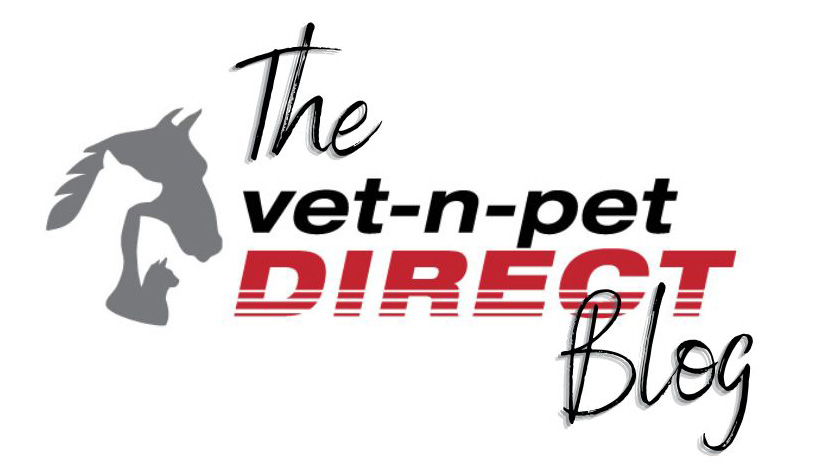The centuries-old practice of using livestock guardian dogs to protect livestock from predators is well known. In general, livestock guardian dogs make wonderful family pets and capable home protectors. The three most important traits to look for in a livestock guardian dog are trustworthiness, attentiveness and aggressiveness. This is because the dog owner must be able to trust the livestock guardian dog not to cause any harm to the livestock, to be constantly aware of where the livestock is located and be naturally aggressive against any, and all potential predators.
It’s important to note that livestock guardian dogs are not a herding dog or a pet, but rather a full-time member of the flock. Guardian dogs protect livestock by patrolling the pasture, confronting predators, barking, scent-marking and discouraging potential predators. The guardian dog must consider itself a member of the flock to insure that it feels a strong bond to the flock, which will bring out its strongest protective instincts.
Livestock guardian dogs need daily exercise and the discipline of a job to keep them happy and well adjusted. They tend to have a long puppyhood and adolescence, often not reaching maturity until they are two to three years old. Strong-willed, they need strict training, intense supervision and strong human leadership.
A livestock guardian dog is a valuable animal and owners must protect it from moving vehicles, shootings and traps. It’s important to let your neighbors know that you have acquired a livestock guardian dog, because a patrolling dog may easily be mistaken for an intruder. Put up signs that warn visitors to stay within certain areas, so that the patrolling livestock guardian dog will not mistake them for a predator. In-ground dog fences, as well as training and tracking collars are great tools to protect and train your livestock guardian dog.
Monthly grooming is important for your livestock guardian dog, because it spends most of its time outdoors. Grooming also provides socialization and an opportunity to check the dog for health problems such as fleas and ticks, abrasions, weight loss and dehydration.
The benefits of using a livestock guardian dog include less predation and less labour on your part. These dogs allow your livestock to graze on land that wasn’t previously usable due to predators. In addition, you can leave your livestock out later in the day to make better use of pastureland, which will allow you to increase the size of your flock. In time, this will increase your profits, your self-reliance in managing predators and your peace of mind.
However, you shouldn’t consider your livestock guardian dog the only solution to problems with predators. The installation of proper fencing and the removal of optimum hiding places for predators are other steps that you should take. As the dog’s owner, you must commit yourself to taking the time to train your dog and the patience to help it feel like a member of the flock. The effectiveness of your guardian dog will also depend on its health, disposition, natural instinct and age. With the proper care, socialization and training, your livestock guardian dog will be an invaluable part of your family and your flock.
